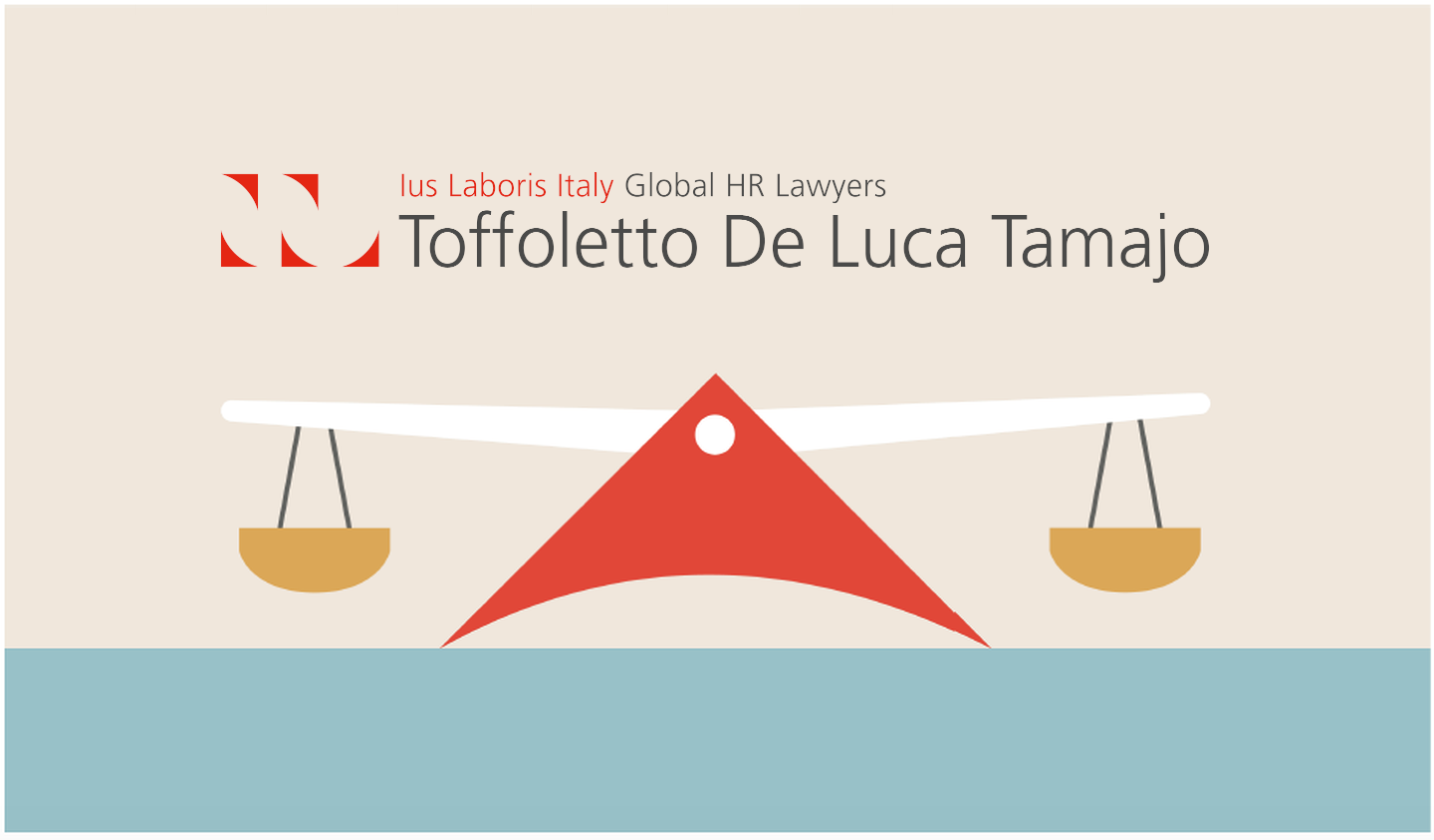Last Updated on January 22, 2016
Toffoletto De Luca Tamajo e Soci ha costituito il Dipartimento Research&Development presso la sede di Napoli.
La nuova struttura, che si compone di 5 professionisti, riunisce tutte le funzioni relative alla gestione della conoscenza e allo sviluppo di nuovi prodotti, anche digitali.
Il Dipartimento R&D, coadiuvato da un Comitato Scientifico composto dai partner Prof. Avv. Raffaele De Luca Tamajo, Avv. Franco Toffoletto, Prof. Avv. Maria Teresa Salimbeni, Prof. Avv. Vincenzo Luciani e Avv. Aldo Bottini, accorpa le funzioni di direzione e sviluppo del sistema di Knowledge Management, i programmi di formazione interna, lo sviluppo e l’aggiornamento della App dello Studio e degli altri prodotti digitali come gli eBooks e The Law Maps™, il coordinamento di eventi e web seminars.
Il Dipartimento R&D sarà anche responsabile del mantenimento della qualità e dell’uniformità dei prodotti dello Studio, sia giudiziali che stragiudiziali.
«La costituzione del Dipartimento R&D – spiega l’Avvocato Franco Toffoletto, managing partner di Toffoletto De Luca Tamajo e Soci, – è un passo fondamentale per garantire ai clienti la qualità del servizio a 360 gradi. La sede di Napoli è un luogo di eccellenza della conoscenza e alcuni dei professionisti che compongono il team lavorano con noi già da qualche anno. È un passo organizzativo molto importante, che si inserisce nel percorso di revisione di tutta l’organizzazione interna al fine di rendere la nostra struttura sempre più efficiente a vantaggio dei nostri clienti».




